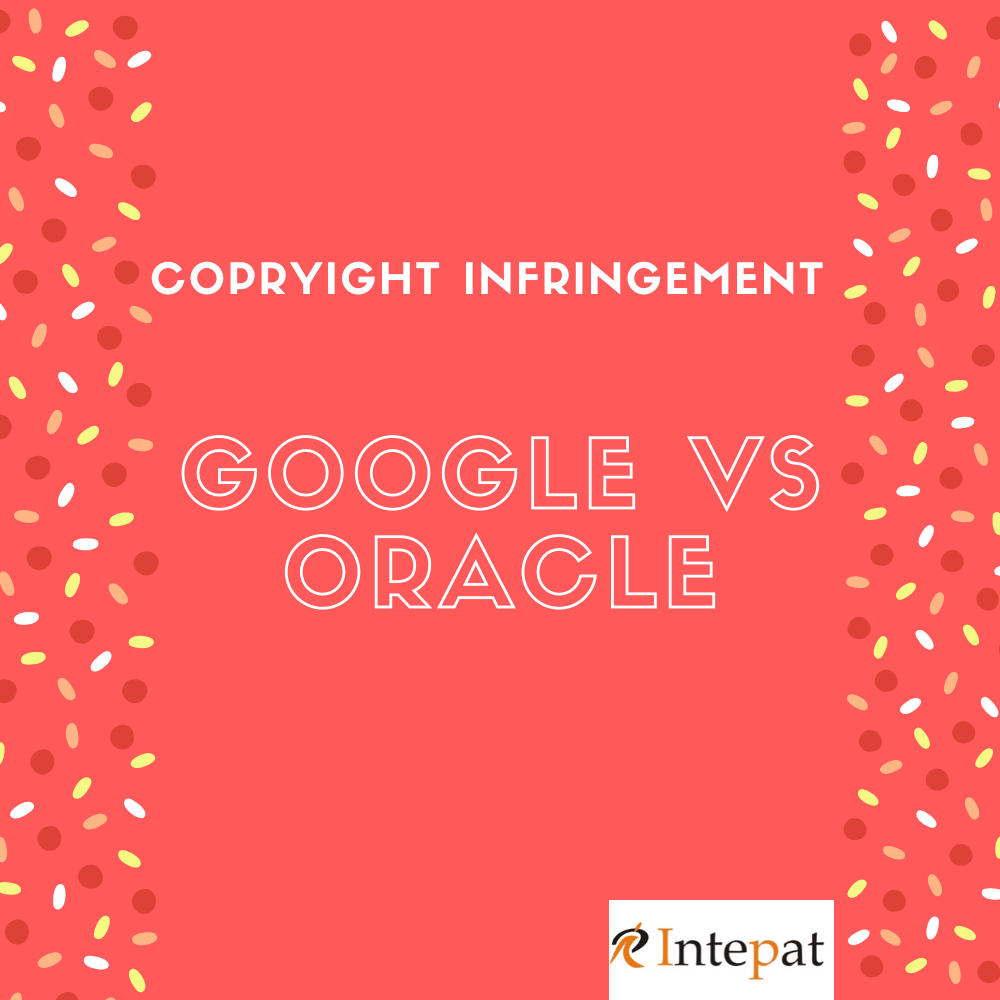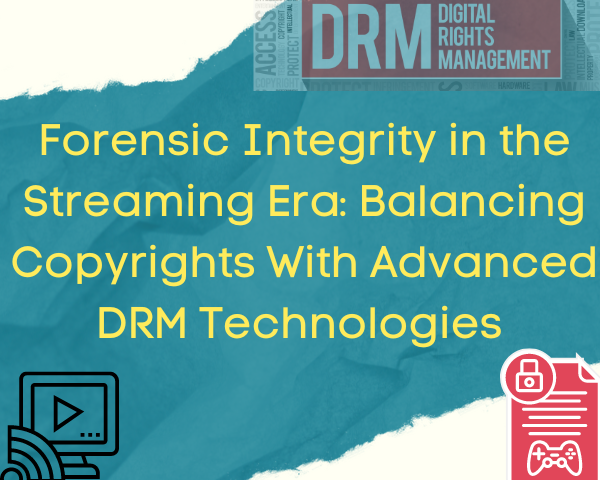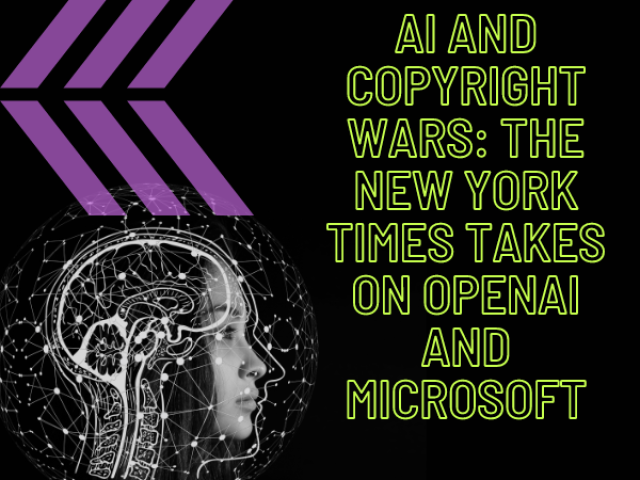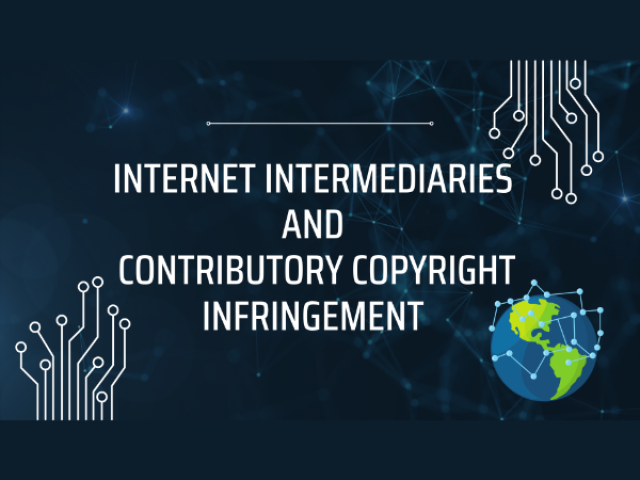It is incredible how it took just 21 years for Google; the company reached this milestone of adulthood on September 27th, 2019 – to create a market capitalization of more than $500 billion. It’s perhaps even more amazing to recall how the search engine has changed life as we all know.
Oracle Corporation is an American multinational computer technology corporation headquartered in Redwood Shores, California. The company sells database software and technology, cloud engineered systems, and enterprise software products—particularly its own brands of database management systems.
Both Oracle and Google are currently on two opposite sides of a lawsuit relating to Copyright Infringement. This battle has been going on for over a decade now. This dispute focuses on the use of JAVA programming language’s application programming interfaces (APIs), which are owned by Oracle, within early versions of the Android operating system by Google. Google was aware that they had developed Android without a JAVA license and copied its APIs, creating the copyright violation. Oracle sought both monetary damages and an injunction to stop Google from using the violating materials. They initiated a suit claiming that the APIs were copyrightable and Google’s application of them failed a fair use defense. In November 2019, the US Supreme Court confirmed that it has agreed to decide whether Google should have to pay billions of dollars to Oracle in a long-running copyright infringement lawsuit over software used to run many of the world’s smartphones.
BACKGROUND AND HISTORY
This case first focused on whether the JAVA APIs in question were protected under copyright, which in May 2014, the Federal Circuit held that they were. Historically, APIs weren’t copyrighted. While valuable, there’s nothing creative about an API. It just spells out how external programs can work with the program or service. Oracle sued Google after it acquired Java owner Sun Microsystems in 2010, alleging that Google had infringed on copyrights and patents for Java. Google definitively won the patent suit in 2012, and it was handed a copyright victory soon after. However, Oracle appealed that decision, leading to years of the legal war between the companies. The case was heard again in the Northern District of California, but this time on Google’s claims that its use was fair use. In May 2016, a jury found in favor of Google, holding that its use of Oracle’s JAVA API was fair use. Oracle filed a motion to challenge the verdict, which the District Court denied in June 2016 itself.
Oracle appealed to the Federal Circuit on the adverse fair use ruling and Google cross-appealed to preserve the claim that the JAVA APIs were not copyrightable. Oracle, which acquired JAVA in 2010 when it bought Sun Microsystems, said that using parts of it without permission amounted to copyright infringement. Google responded that free access to the software interfaces in question was crucial to the innovation economy. In its defense, Oracle said that robust copyright protections made innovation possible.
Google’s theory is that having invested all those resources to create a program popular with platform developers and app programmers alike, Oracle should be required to let a competitor copy its code so that it can co-opt the fan base to create its own next generation. Google copied 11,500 lines of computer codes, as well as the complex structure and organization inherent in that code, in order to help its competing commercial product. Its unauthorized copying had harmed the market for the respondent’s JAVA platform. Google argued that even if APIs are copyrightable, it could use them for free because of the doctrine of fair use. The policy behind the right to fair use is to encourage and allow the development of new ideas that build on earlier ones, thus providing a counterbalance to the copyright policy to protect creative works. In a puzzling decision, the Federal Circuit ruled that Google’s use of the JAVA APIs was “overwhelmingly commercial”. The Court also denied Google’s cross-appeal regarding the copyrightability of the JAVA APIs at issue, holding that the Court’s previous opinion in 2014 resolved the question.
OF THE RECENT PAST AND THE FUTURE
Google filed a certiorari petition with the Supreme Court in January 2019, asking the Court to review both Federal Circuit decisions. The Supreme Court called for the views of the Solicitor General. The Solicitor General recommended the Court deny the petition saying that the Federal Circuit held both the cases correctly in terms of giving a judgment about them. In November 2019, the Supreme Court granted Google’s certiorari petition. The questions presented by Google are –
1.Whether copyright protection extends to a software interface?
2.Whether, as the jury found, the petitioner’s use of a software interface in the context of creating a new computer program constitutes fair use?
CONCLUSION
The Google vs Oracle case is expected to be heard in March 2020. Now before its final court case, Google is refreshing its arguments over the copyrightability of the APIs and for the use of them. Many companies such as IBM and Microsoft have filed briefs in support of Google’s stance. They think that a decision in favor of Oracle would hurt the computing world as a whole. Oracle alleges that Google is attempting to change copyright law, in which Congress chose to protect software as it does literary works if the code or structure is of the original expression. We may see a decision in this case by the early weeks of June.




